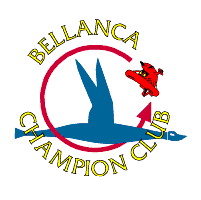Dan Cullman
New member
Until I get burned out, I'll post a topic of interest every week or so........For now, it's fire extinguishers. These are my ideas from practical experience. I bought my first Bellanca in 1970, at the age of 23. I didn't know anything about Bellancas or fire extinguishers at that time. Since then, some 20,000+ hours later, I've experienced a few explosive engine fires, several carburetor fires------two including Bellancas. My personal opinion is, that all of us, operating light airplanes, should maintain a Halon extinguisher in our aircraft. The cheap, dry chemical fire extinguishers found everywhere, will put out the fire. However, your problems have just started as the fire is extinguished. You can buy 2 pound halon extinguishers at most fire extinguisher service facilities.
